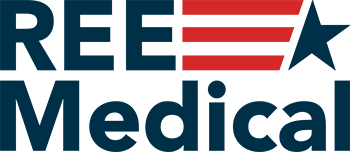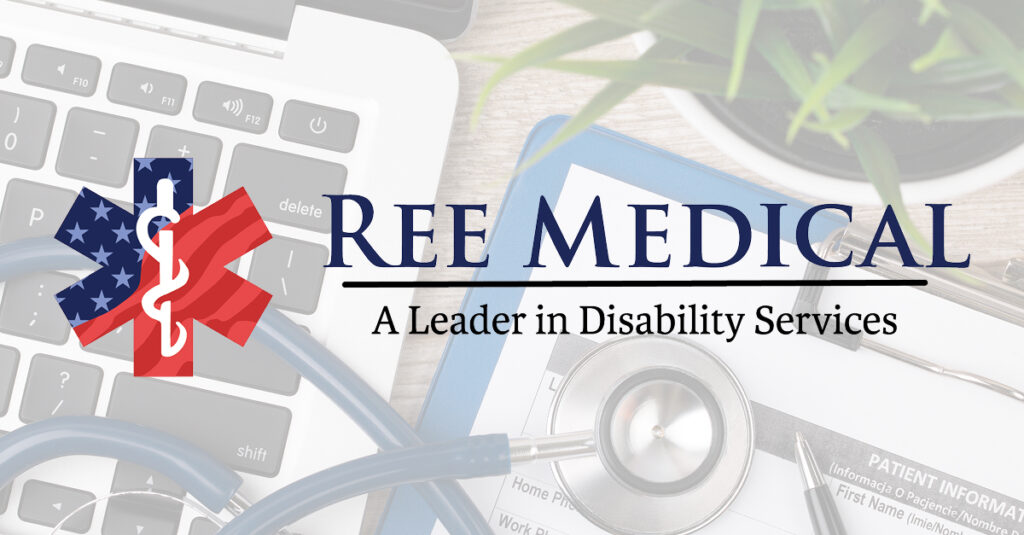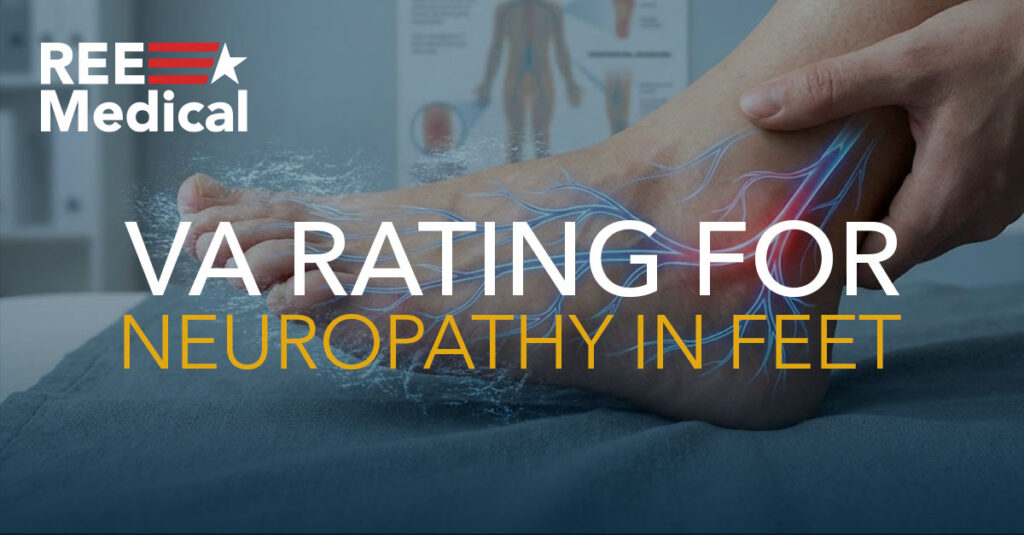Military service members face unique challenges when transitioning to civilian life. For many Veterans, one significant hurdle is obtaining accurate medical documentation that fully reflects service-connected conditions. Three REE Medical team members—Nick Todd (U.S. Coast Guard), Chris Concannon (U.S. Air Force), and Scotty Hammonds (U.S. Marine Corps)—have shared their personal experiences with securing disability documentation and finding professional purpose.
Different Paths, Similar Challenges
Each Veteran followed a distinct path in seeking appropriate disability documentation, but all encountered obstacles along the way.
Nick, now Director of Partnerships, spent ten years navigating the disability documentation process through a national Veterans service organization. While this provided direction on next steps, he lacked guidance on how to complete those steps successfully. His journey included five separate ratings attempts, with numerous denials that impacted his family’s financial stability during a critical transition period.
Scotty, currently an Intake Coordinator, experienced an abrupt military exit in 2007 with minimal transition support. “When I got out of the Marine Corps, we came off a deployment and flew straight home. I was out that week. There was no assistance, no TAPS class. I didn’t know where to start,” he explains. After multiple unsuccessful attempts to document his conditions, he experienced the common feeling of not deserving benefits compared to fellow Veterans with more visible injuries.
Chris, a Sales Supervisor, delayed seeking documentation for over a decade after leaving service in 2008. “The VA process is very intimidating. You don’t think about what’s in your medical records because you don’t really have access to them,” he shares. After attempting the process himself and reaching a 60% rating, he later connected with REE Medical and achieved more comprehensive documentation.
Common Themes in the Veteran Experience
Several themes emerged from these Veterans’ stories:
The struggle to be heard: All three emphasized how important it is for Veterans to have their experiences acknowledged. “The biggest thing is just being heard,” notes Scotty. “That’s what I tell vets I talk to all day, every day—this is your chance to be heard.”
Time lost without proper support: Nick’s decade-long struggle highlights how prolonged documentation processes affect Veterans’ quality of life and financial stability. “It cost me ten years of being able to support my family the way I should,” he reflects.
The confidence factor: Facing complex medical evaluations without knowing what to expect often leads to uncertainty. Chris describes how proper support changed his experience: “I had a lot of confidence because I had people supporting me all the way up to the appointment. I was treated like a person, not a number.”
The temptation to give up: All three Veterans acknowledged moments when they considered abandoning their pursuit of accurate documentation. “At one point, most Veterans quit and stop trying to get these benefits they’re entitled to,” Scotty observes.
Finding Purpose Through Professional Support
Beyond receiving accurate documentation for themselves, these Veterans discovered deeper purpose in supporting fellow Veterans. Now as REE Medical team members, they provide others with the knowledge they once needed.
“My mission, my passion, is serving vets,” says Scotty, who now works daily to ensure Veterans understand their options for obtaining thorough medical evidence.
Nick emphasizes the importance of Veterans learning to advocate for themselves: “When we get out of the military, we lose that team that’s fighting for us. Learn how to fight for yourself.”
Chris focuses on empowering Veterans through education: “We will educate you through this process. We will explain what the Veteran can expect during the examination, and at the end of the day, it’s peace of mind knowing you have a team fighting for you.”
Moving Forward with Confidence
For Veterans currently facing documentation challenges, these REE Medical team members offer practical advice:
1. Don’t compare your situation to others.
Every Veteran’s experience is unique, and all earned benefits deserve proper documentation.
2. Consider the value beyond immediate costs.
While working with independent medical providers involves upfront fees, Veterans should evaluate long-term benefits against time potentially lost through prolonged processes.
3. Understand that free options may have hidden costs.
Free services might save money upfront but often lack the comprehensive support needed for timely results.
4. Remember, it’s your responsibility to fight for yourself.
The military trained you to fight for others—now it’s time to advocate for your own needs.
These Veterans’ journeys demonstrate how persistence, proper support, and accurate medical documentation can transform obstacles into opportunities for both personal growth and professional purpose. Their experiences now serve as valuable guidance for others navigating similar paths.
For those interested in learning more about independent medical documentation options, REE Medical provides free consultations to Veterans seeking information about their specific situation.





